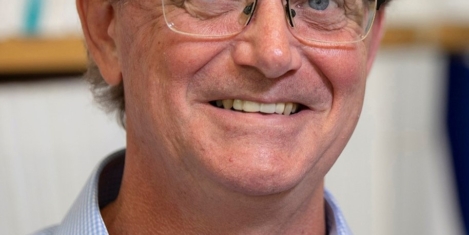August 2, 2024
Tech workers and young people will need a major skills upgrade if they are to keep up with AI
 The vast majority (92 percent) of ICT roles are expected to undergo big changes as a result of advancements in artificial intelligence and the technology continues to transform the information and communications (ICT) sector according to a new report from tech giants, Cisco, Microsoft and Google. The AI-enabled ICT Workforce Consortium, led by Cisco has published the “Transformational Opportunity of AI on ICT Jobs” report, offering guidance on the areas for of concern for workers to reskill in response to the evolving job landscape. This transformation will impact professionals in 47 ICT roles, including cybersecurity, data science and software development, according to the report. (more…)
The vast majority (92 percent) of ICT roles are expected to undergo big changes as a result of advancements in artificial intelligence and the technology continues to transform the information and communications (ICT) sector according to a new report from tech giants, Cisco, Microsoft and Google. The AI-enabled ICT Workforce Consortium, led by Cisco has published the “Transformational Opportunity of AI on ICT Jobs” report, offering guidance on the areas for of concern for workers to reskill in response to the evolving job landscape. This transformation will impact professionals in 47 ICT roles, including cybersecurity, data science and software development, according to the report. (more…)




































July 10, 2024
Living the dream of better times for a new generation
by Grant Gibson • Business, Comment